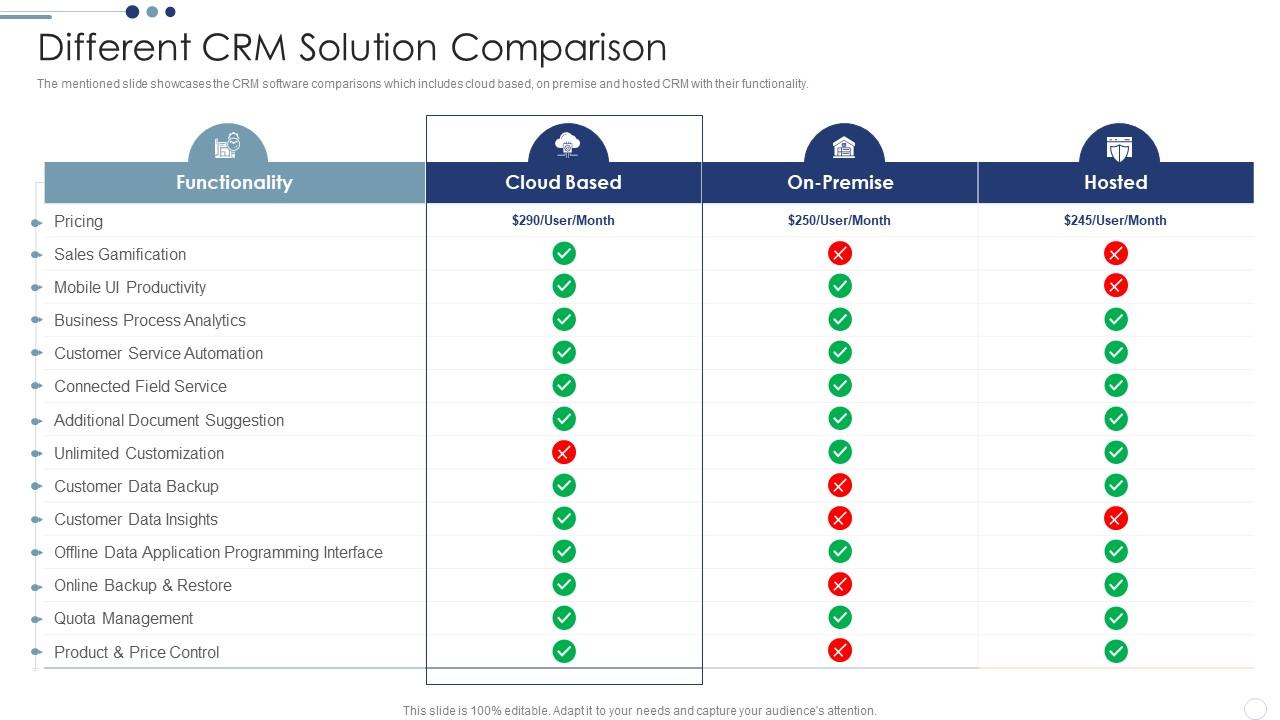"Revolutionizing the Education Sector: The Power of CRM Solutions"
"Revolutionizing the Education Sector: The Power of CRM Solutions"

"Revolutionizing the Education Sector: The Power of CRM Solutions"
Introduction
The education sector is one of the most dynamic and rapidly evolving industries out there. With new technologies emerging every year, educational institutions need to stay ahead of the curve to provide the best possible experience for their students, teachers, and staff. One tool that can help them do just that is Customer Relationship Management (CRM) solutions. Yes, you read that right – CRM solutions, typically associated with the corporate world, can be a game-changer for educational institutions too!
In this article, we’ll explore the benefits of CRM solutions for the education sector, and how they can help institutions improve their relationships with students, parents, alumni, and staff.
What is CRM, Anyway?
For those new to the world of CRM, let’s break it down. Customer Relationship Management (CRM) solutions are software systems that help organizations manage their interactions with customers, clients, or in this case, students, parents, and staff. CRM solutions provide a centralized platform for storing and analyzing data, automating tasks, and enhancing communication.
Why Do Educational Institutions Need CRM Solutions?
The education sector is not just about teaching and learning; it’s also about building relationships and providing excellent customer service. Here are a few reasons why educational institutions need CRM solutions:
- Streamlined Communication: With a CRM solution, educational institutions can centralize all communication channels, making it easier to keep track of emails, phone calls, and messages from students, parents, and staff.
- Personalized Experience: CRM solutions allow institutions to create personalized experiences for students, tailoring their communication and support to individual needs and preferences.
- Improved Student Engagement: By using CRM solutions, institutions can analyze student data and identify areas where they need extra support or engagement, helping to boost student satisfaction and retention.
- Enhanced Fundraising and Alumni Relations: CRM solutions can help institutions build stronger relationships with alumni and donors, making it easier to secure funding and support for programs and initiatives.
- Data-Driven Decision Making: With a CRM solution, institutions can analyze data and make informed decisions about student recruitment, admissions, and retention.

Key Features of CRM Solutions for Education
When selecting a CRM solution for an educational institution, here are some key features to look for:
- Contact Management: A centralized database for storing student, parent, and staff contact information.
- Email and Phone Integration: Seamless integration with email and phone systems to streamline communication.
- Marketing Automation: Tools for automating marketing campaigns and communications.
- Student Portal: A self-service portal for students to access important information and resources.
- Reporting and Analytics: Advanced analytics and reporting tools to help institutions track key metrics and KPIs.
- Integration with Existing Systems: Seamless integration with existing student information systems (SIS) and other software solutions.
Best CRM Solutions for Education
Some popular CRM solutions for educational institutions include:
- Salesforce.org: A non-profit version of the popular Salesforce CRM solution.
- Microsoft Dynamics 365: A comprehensive CRM solution with advanced analytics and reporting tools.
- Pardot: A marketing automation and CRM solution designed specifically for education.
- Flosi: A cloud-based CRM solution for higher education institutions.
- Higher Education CRM: A CRM solution designed specifically for higher education institutions.
Implementing a CRM Solution: Best Practices
Implementing a CRM solution can be a daunting task, but with the right strategy, it can be a success. Here are some best practices to keep in mind:
- Define Your Goals: Clearly define what you want to achieve with your CRM solution.
- Choose the Right Solution: Select a CRM solution that meets your institution’s specific needs.
- Develop a Strategy: Create a comprehensive strategy for implementing and using your CRM solution.
- Train Your Staff: Provide ongoing training and support for staff to ensure they’re comfortable using the CRM solution.
- Monitor and Evaluate: Continuously monitor and evaluate the effectiveness of your CRM solution.
Conclusion
In today’s fast-paced education sector, institutions need to stay ahead of the curve to provide the best possible experience for their students, staff, and alumni. CRM solutions can help institutions build stronger relationships, streamline communication, and drive student engagement. By selecting the right CRM solution and following best practices for implementation, educational institutions can reap the rewards of a CRM solution and take their student experience to the next level.
Take the First Step
Are you ready to revolutionize your educational institution with a CRM solution? Take the first step by:
- Researching CRM solutions and their features
- Consulting with CRM experts and other educational institutions
- Developing a strategy for implementing and using a CRM solution
With the right CRM solution, you’ll be on your way to building stronger relationships, driving student engagement, and providing an exceptional educational experience for all.
